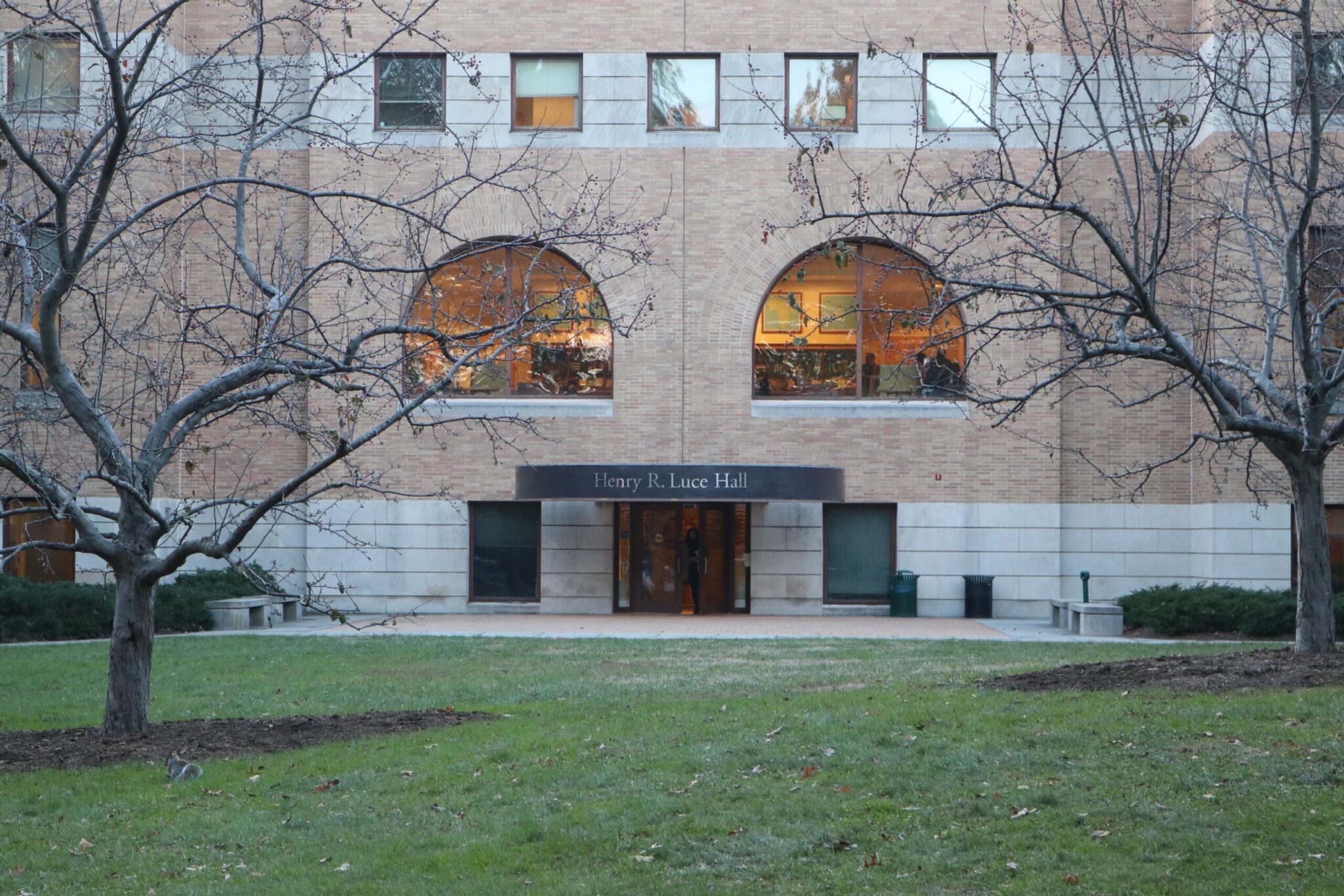Yale to host the Fulbright-García Robles Visiting Chair in new partnership
Yale hosts a Fulbright-García Robles Visiting Chair for the next five years to deepen transnational academic relations.

Kai Nip
In the 2024-25 academic year, Yale’s Council on Latin American and Iberian Studies, or CLAIS, and the United States-Mexico Commission for Educational and Cultural Exchange, or COMEXUS, recently announced they will host a Fulbright-García Robles Visiting Chair through a brand new fellowship, to continue for the next five years. It will allow visiting scholars to teach on Mexican issues for one semester each.
COMEXUS creates academic fellowships to encourage educational exchange between the two countries in hopes of a wider understanding, academically and culturally.
Previously, Yale has hosted student Fulbright-García Robles fellows — including graduate and postdoctoral scholars — through a COMEXUS program, but the new visiting chair fellowship will host candidates with more extensive teaching and research experience.
Oswaldo Chinchilla Mazariegos, a CLAIS-affiliated anthropology professor, said that the new chair will add diversity to the courses at Yale.
“This is an opportunity to expand the scope of Latin American studies at Yale,” Mazariegos said. “From my own teaching experience, I know that many students are interested in learning about Mexico, from many points of view. Bringing a Mexican scholar to campus for this chair is an optimal way of responding to that demand.”
In 2023, Yale hosted three scholars through COMEXUS programs in the School of the Environment, the School of Architecture and the Macmillan Center’s Council on Latin American and Iberian Studies. Past scholars have remarked on the importance of cultural exchange where interactions can help solve issues that concern both countries.
The new program hopes to host scholars with diverse perspectives on teaching that could benefit Yale’s campus, expressing the ways international scholars were taught about the world and bringing such views to Yale through courses on Latin American issues, and specifically, Mexican issues.
Though the program will host scholars in the Latin American Studies department, incorporating interdisciplinary knowledge, mixing fields like anthropology, political science, economics, history or the humanities with others is a large part of the cultural exchange’s goal.
Sofia Lambert Cortes ARC ’25 in the School of Architecture, a Fulbright-García Robles Fellow in the 2023 cohort, expressed to the News the benefits she’s gained in the cultural exchange between them and Yale.
Cortes said that her own research has been shaped by interdisciplinary perspectives — a phenomenon she hopes to see with the new program.
“I came here with an idea, but by having my classes and interactions with all of the different people and professors at my school, my topic changed into being more about the border with Mexico and the United States,” Cortes told the News. “I think having other people from Mexico who are going to come here and teach about Mexico will be a way in which I can learn more about my own culture, but also learn more about my research and the topics that I want to cover.”
Through the partnership, the visiting chair would not only provide support to the Council on Latin American and Iberian Studies at the Yale MacMillan Center but also to branching schools, research fellows and undergraduate students by introducing them to Mexican issues from an international perspective.
The program specifies that fellows would be teaching introductory courses in the Latin American Studies department, with course programs included in their application. Per the announcement from the Macmillan Center, the inclusion of the proposed programming in the application process serves as an opportunity for fellows to showcase the pedagogical approach they would take to such a class, tailoring their knowledge to their course when visiting.
Fiacro Jimenez Ramirez ENV ’25 in the School of the Environment, another Fulbright-García Robles Fellow in the 2023 cohort, said that the new program will be interdisciplinary and believes the class the incoming chair teaches will depend on their interests.
“It’s going to be very focused on Latin American studies, which is a very broad term, it can signify many different things. It can signify political science, politics, economy, industrial economy, the list is huge,” Ramirez said.
The application requires a doctorate degree or an equivalent one but does not restrict which Mexican institutions’ students are eligible for the position, leaving space for all those qualified to apply.
Cortes added that she would like to encourage anyone who is passionate about the program’s mission to apply, no matter what school they come from.
The Whitney and Betty MacMillan Center for International and Area Studies at Yale is located at 34 Hillhouse Ave.







